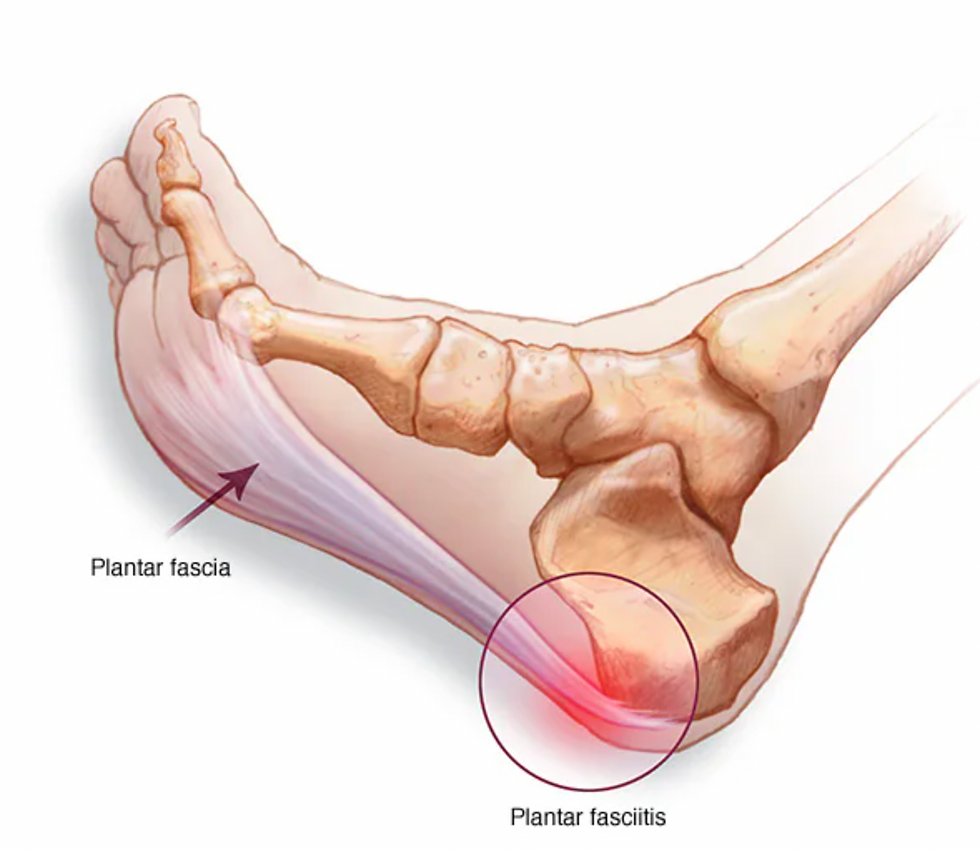Rotator Cuff Related Shoulder Pain
- Harry Peterkin
- Jun 11, 2025
- 2 min read
Updated: Aug 21, 2025

Causes, symptoms, and how to manage it
What is the Rotator Cuff?
Your shoulder is one of the most mobile joints in the body. A group of four small muscles, called the rotator cuff, help keep it stable and moving freely. These muscles are:
Supraspinatus
Infraspinatus
Teres minor
Subscapularis
Rotator cuff problems are one of the most common reasons people get shoulder pain.
What Causes Rotator Cuff Pain?
Rotator cuff pain can develop for different reasons:
Overuse – Repeated overhead movements (throwing, lifting, painting, gym exercises) can irritate the tendons.
Ageing – As we get older, tendons naturally become weaker and more vulnerable.
Injury – A fall, heavy lift, or direct blow to the shoulder can sometimes cause a tear.
Common Symptoms
You might notice:
Pain at rest or at night (often disturbing sleep)
Pain when lifting or lowering your arm
Weakness in the shoulder
Pain when reaching behind your back (e.g., putting on a jacket or fastening a bra)
Treatment Options
The good news is that most rotator cuff problems improve without surgery. Your treatment will depend on the cause and severity:
Physiotherapy (first choice) - A physiotherapist can assess your shoulder, give you advice and exercises, and guide your recovery.
Pain relief medication - Over-the-counter medicines like ibuprofen or naproxen can ease pain and inflammation.
Injections - Corticosteroid injections may reduce inflammation. They usually work best when combined with physiotherapy.
Surgery - Only needed if symptoms don’t improve with other treatments and a significant tear is present.
Prevention & Recovery Tips
Warm up before sports or activities that use your shoulders a lot.
Strengthen your shoulder with regular exercises for the rotator cuff.
Build up gradually – avoid doing too much, too quickly when starting something new.
Follow your physio’s advice to get the best results from treatment.
Key Takeaway
Rotator cuff pain is common, but with the right care, most people recover well. Physiotherapy is usually the best place to start. By looking after your shoulders and strengthening the rotator cuff, you can reduce your risk of future problems and keep moving comfortably.
Want to book to see one of our Mojo Physio team? Click here or call 0430 614 207.
.png)



Comments